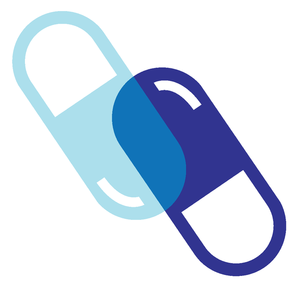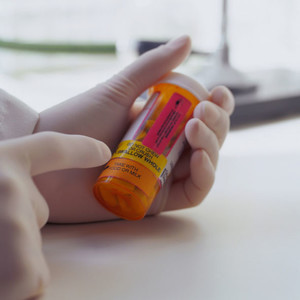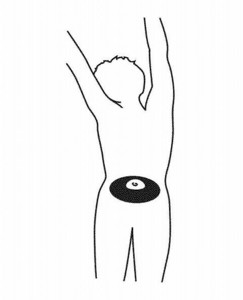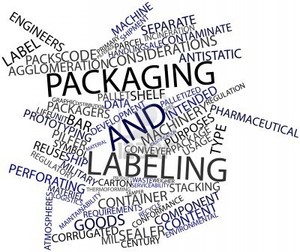New research carried out at Brigham and Women’s Hospital and Harvard Medical School, provides additional evidence that shows generic and brand-name drugs have comparable clinical outcomes [1].
Generics are approved by regulators based on evidence of pharmaceutical equivalence and bioequivalence with their brand-name drug product but generally contain different inactive ingredients. Despite their widespread use in the US, they are generally thought to be less effective and less safe than their brand-name reference products.
To date, most studies that compare the clinical outcomes of generic and brand-name drug products have been observational. In such studies, patients are aware of the medication they are being given. They know if it is brand-name or generic drug, so it is possible that their clinical outcomes can be subject to bias. As such, it is thought that when generics are prescribed a nocebo effect is often seen, where clinical outcomes are negative due to bias against them [2]. If this is the case, then overall clinical outcomes following generic drug use, will be less positive than when brand-name drug products are used.
In their recent study published in PLOS Medicine, US-based researchers carried out one of the first empirical studies to confirm that generics have comparable clinical outcomes to the use of brand-name drug products. In doing this, they also provide evidence of the nocebo effect in relation to generics use in the US. The researchers were able to carry out their empirical analysis by looking at authorized generics. These products are chemically identical to (both active and inactive ingredients) and share the same appearance as brand-name drug products but are marketed as generics. As such, to users, they appear to be generics. Thus, in the recent research, authorized generics act as proxies for brand-name drugs.
The team analysed data from two large US commercial insurance databases and 3.5 million patients. Eight drug products were investigated that are used to treat: diabetes (glipizide), hypertension (amlodipine, amlodipine-benazepril, and quinapril), osteoporosis (alendronate and calcitonin salmon), and depression and anxiety (escitalopram and sertraline). In the study, patients switching from brand-name drug products to authorized generics versus generics, and patients initiating treatment with authorized generics versus generics, were compared. Here, authorized generics use proxied brand-name drug. In addition, patients initiating generic versus brand-name drug products and patients initiating authorized generics versus brand-name drug products, were compared.
The team’s analysis showed that equivalent or better clinical outcomes were seen in patients who used generic versus authorized generic drug products (in 15 out of 16 comparisons across the eight drug products). When they directly compared those patients, who started treatment with a generic rather than a brand-name drug product, they used authorized generics as a negative control comparison. Here, little difference in clinical outcomes was seen for most of the drug products. However, for escitalopram and sertraline, higher rates of psychiatric hospitalization were seen with both the generic and the authorized generic drug product. The authors suggest that this is likely due to residual confounding or generic drug perception bias. They conclude by stating, ‘These results could be used in educational interventions aimed at increasing patient and physician confidence in the ability of generic medicines to manage chronic diseases’.
Related article
Generics market failures and non-profit manufacturing
References
1. Desai RJ, Sarpatwari A, Dejene S. Comparative effectiveness of generic and brand-name medication use: a database study of US health insurance claims. PLoS Med 16(3): e1002763.
2. GaBI Online - Generics and Biosimilars Initiative. Strong generics nocebo effect found in US [www.gabionline.net]. Mol, Belgium: Pro Pharma Communications International; [cited 2019 Oct 4]. Available from:
www.gabionline.net/Generics/Research/Strong-generics-nocebo-effect-found-in-US
Permission granted to reproduce for personal and non-commercial use only. All other reproduction, copy or reprinting of all or part of any ‘Content’ found on this website is strictly prohibited without the prior consent of the publisher. Contact the publisher to obtain permission before redistributing.
Copyright – Unless otherwise stated all contents of this website are © 2019 Pro Pharma Communications International. All Rights Reserved.








 0
0











Post your comment